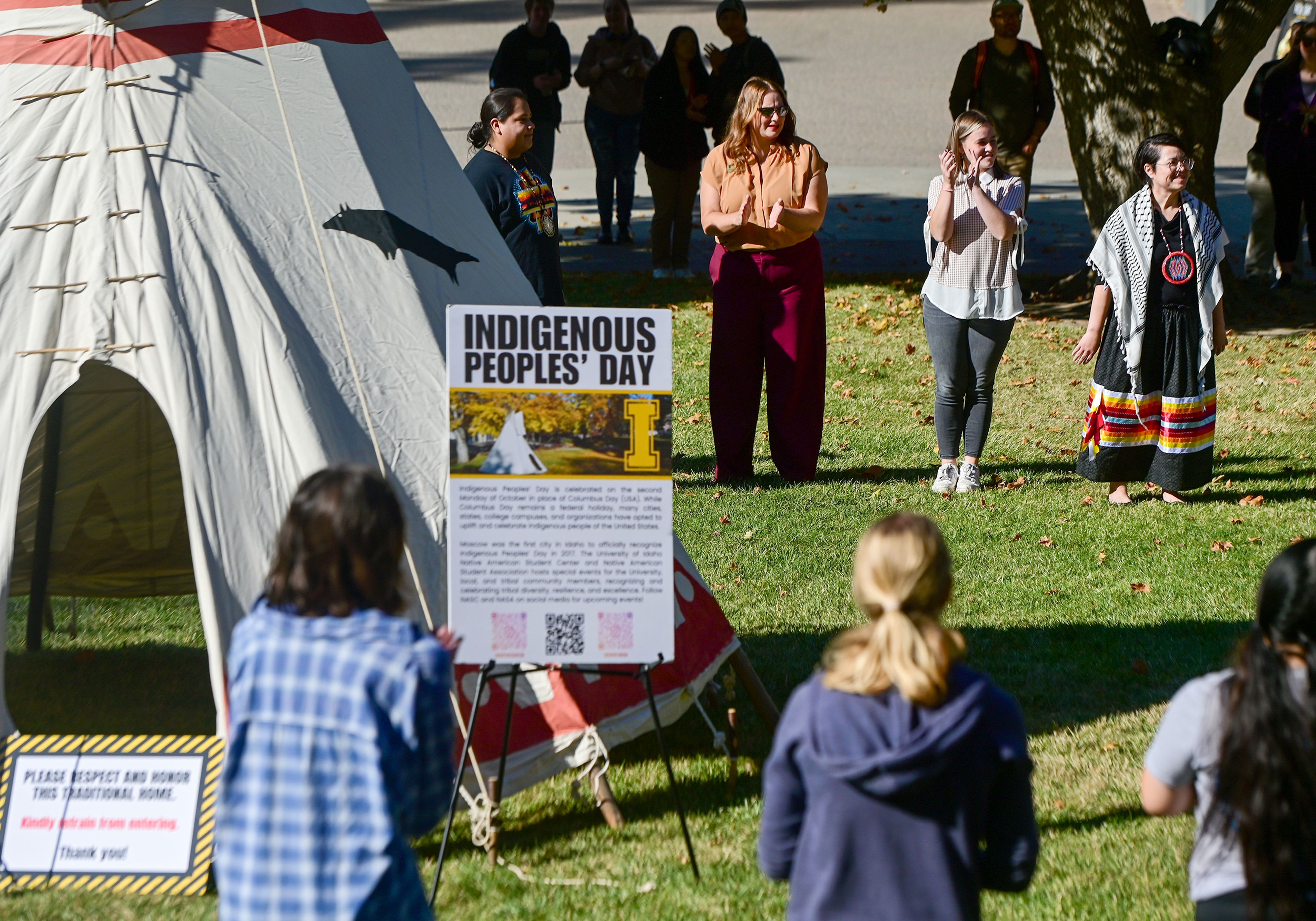Gregg Potvin, who died the other day in Maryland at 76, was a part of one of Idaho's oddest and most surprising elections. He was defeated in a Democratic primary race for the U.S. Senate by the Idaho Irish Mafia.
Potvin was, for a few brief shining moments, one of the golden boys of Idaho politics. He was elected to the Idaho House of Representatives at 31 out of eastern Idaho's Power County. He quickly became House majority leader (the last time the Democrats controlled that body).
He had been prosecutor of his small, mostly rural county. And there was once a time when country lawyers who got elected to the Legislature were likely to be wise old rascals with a large shock of gray hair. They wore a pair of suspenders to hold up their trousers and to serve as thumb rests while, with a wicked twinkle, they needled an opposition lawyer or legislator. They were in the mold of former U.S. Senate Majority Leader and presidential candidate Bob Dole
Potvin was a newer sort, especially in Idaho politics. He was an articulate, affable young guy with a polished, slightly slick presence in the modern mode. He was reminiscent in dress and manner of the Kennedies and other politicians with cultured voices and movie star kissers who were made for the emerging television age of politics.
Potvin was too liberal for Idaho, even back then when Idaho was not so far from the middle of the American spectrum. But he was an obvious comer when he ran for the U.S. Senate in 1960 for the Democratic nomination against Republican Sen. Henry Dworshak (for whom the dam near Orofino is named).
The young legislator came in first in the Democratic primary. But he didn't win the nomination. Unfortunately for Potvin, Idaho was experimenting that year with a run-off system. Even though he came in first in a large field, he had to enter the runoff shortly thereafter with the second-place finisher, another lawyer, Robert McLaughlin from Mountain Home.
As the run-off began, Potvin was the favorite. Most of the politicians I talked with expected Potvin to win.
Potvin expected Potvin to win.
Potvin didn't win.
McLaughlin won the nomination, though barely, by 357 votes.
Some time later, I asked McLaughlin how he did it. He said he found a simple way to solve his problem of not being widely connected throughout the state. There were dozens of towns where he didn't know anybody. That made it difficult to find campaign workers. But he had an idea:
He would go into a town, get a motel room and grab the phone book. He would look for names as Irish as his. He would call those names at random and tell people the truth. He would tell them he was running for the Senate as a Democrat and that he didn't know anybody at all in town and was searching about for anybody who might help him.
He told them, totally up front, that he chose their name solely because it was Irish, because, in some such words as these: "It seems to me that most Irish Americans are Democrats (especially in that year when John F. Kennedy was running for president). I'm just wondering if a fine Irish person like yourself wouldn't like to help a fine Irish person like me."
McLaughlin said that people were so charmed by his approach that, in no time, he had enough takers to put together a statewide organization of people knocking on doors and passing out his brochures.
There's another reason it worked for him: As a general rule, a lot of precinct workers burn out or become too big for their britches after a few elections and don't want to do something so ordinary (and important) as knock on doors. They want to advise the candidate on foreign policy or some such lofty work.
But a first-time campaign worker is often a little bit scared, afraid he or she will let the candidate down. So they work their little Irish buns off.
In fact, in the blind, if you were to give me a choice between a volunteer who is new to politics and a veteran, I would take the beginner. So would most of the seasoned politicians I know.
And if the volunteer had some Irish blood in his veins, then so much the better.








